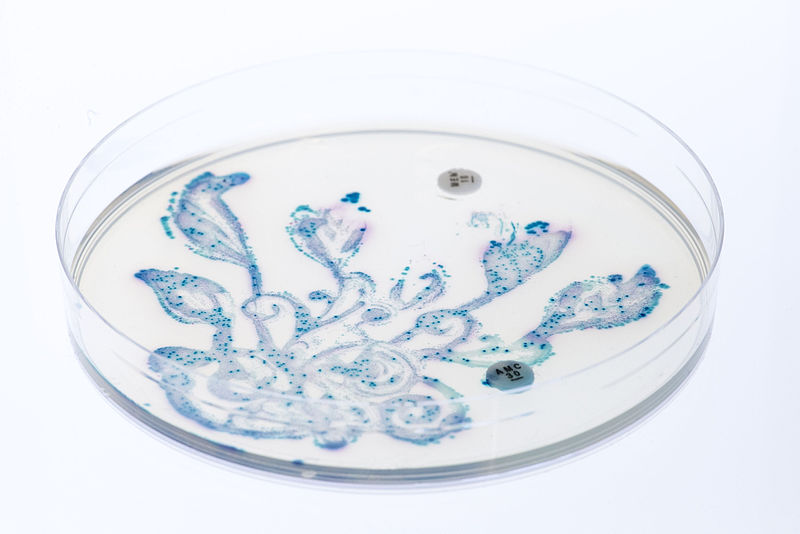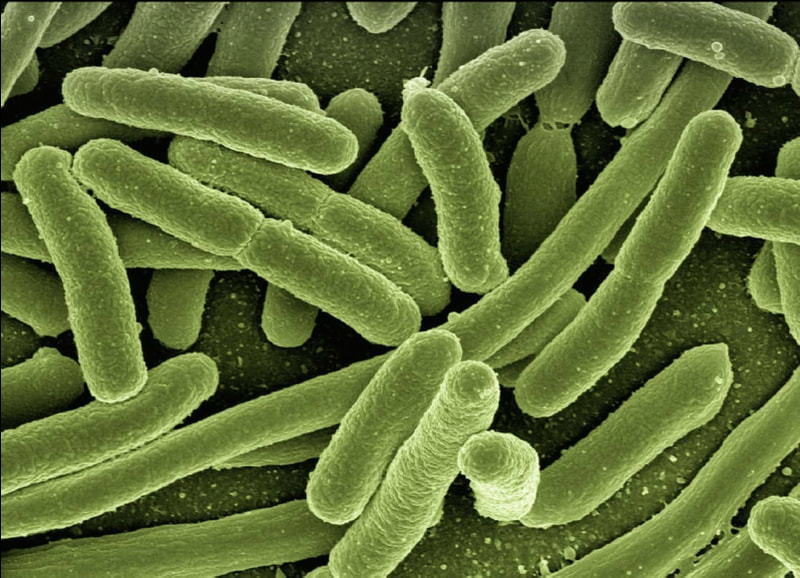You are Never Too Old for a Positive Lifestyle Change!
There is a common misconception that the choices made as a teenager or young adult will greatly impact a person’s health later on in life. Oftentimes, older adults will resign themselves to their habits, whether helpful or hurtful to their health, and let life run its course. This phenomenon is especially characteristic of women who are extremely busy and put their health “on hold” for the sake of their families, work, and education. Researchers from the American Heart Association along with scientists at Harvard University and the University of São Paulo sought to change this misconception by analyzing data from a sizable study conducted over multiple decades on the effects of making lifestyle changes as a middle-aged woman. The researchers found that lifestyle changes made by this demographic significantly reduced the long-term risk of a stroke as they aged.
The study examined three nondietary strategies: stopping smoking, exercising for 30 minutes or more a day, and gradually reducing body mass index if participants were overweight or obese. In addition, several diet-based strategies were implemented. These dietary changes included 1) eating at least three servings of fish a week, which has been proven to reduce the risk of stroke, 2) decreasing the number of servings of unprocessed red meat consumed to three or fewer per week and avoiding processed red meat altogether, since red meat increases several health risks if consumed regularly, and 3) increasing the intake of nuts and grains amongst other healthful foods to help boost the immune system and decrease health risks. The study followed approximately 60,000 women ages 30 to 55 who responded to a mailed questionnaire and continued to monitor them and their stroke risk for 26 years. The researchers used different mathematical formulae that took into account different lifestyle variables to estimate the risk of stroke and how it changed over the 26-year period. The results of the study are organized in the table below, and a more detailed account of the results can be found here.
The study examined three nondietary strategies: stopping smoking, exercising for 30 minutes or more a day, and gradually reducing body mass index if participants were overweight or obese. In addition, several diet-based strategies were implemented. These dietary changes included 1) eating at least three servings of fish a week, which has been proven to reduce the risk of stroke, 2) decreasing the number of servings of unprocessed red meat consumed to three or fewer per week and avoiding processed red meat altogether, since red meat increases several health risks if consumed regularly, and 3) increasing the intake of nuts and grains amongst other healthful foods to help boost the immune system and decrease health risks. The study followed approximately 60,000 women ages 30 to 55 who responded to a mailed questionnaire and continued to monitor them and their stroke risk for 26 years. The researchers used different mathematical formulae that took into account different lifestyle variables to estimate the risk of stroke and how it changed over the 26-year period. The results of the study are organized in the table below, and a more detailed account of the results can be found here.
Source: "Hypothetical Lifestyle Strategies in Middle-Aged Women and the Long-Term Risk of Stroke" by Jain et al., 2020
Generally, the study found that sustained lifestyle changes significantly mitigated the risk of total stroke, hemorrhaging stroke, and ischemic stroke in middle-aged women. Strokes are caused by a disruption of blood flow to the brain, and are classified based on the source of disruption. An ischemic stroke occurs when a blood vessel supplying blood to the brain is obstructed, often by a blood clot. A hemorrhagic stroke results from weakened blood vessels rupturing, which can be caused by elevated blood pressure. It is interesting to note that while total stroke risk was reduced by combined dietary changes, ischemic stroke risk was decreased after adopting the strategy of eating less red meat. On the other hand, hemorrhagic stroke risk was combated best by increasing fish consumption. Decreasing the risk of stroke is important as strokes account for over 140,000 deaths per year in the United States alone.
This study should be viewed as a sign that it is always possible to better one’s habits. No matter how old one is, one can always make changes that will positively impact that person’s life now and in the future. Of course, any major diet considerations or lifestyle changes should be discussed with a healthcare provider beforehand, but it is never too late to start!
This study should be viewed as a sign that it is always possible to better one’s habits. No matter how old one is, one can always make changes that will positively impact that person’s life now and in the future. Of course, any major diet considerations or lifestyle changes should be discussed with a healthcare provider beforehand, but it is never too late to start!
Featured Image Source: VSRao
RELATED ARTICLES
|
Vertical Divider
|
Vertical Divider
|
Vertical Divider
|






